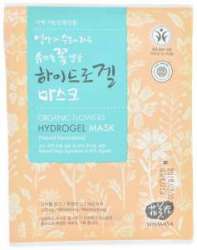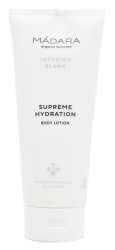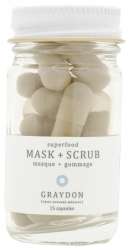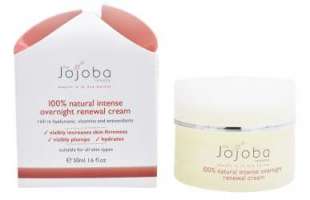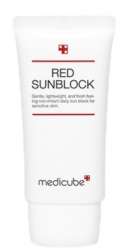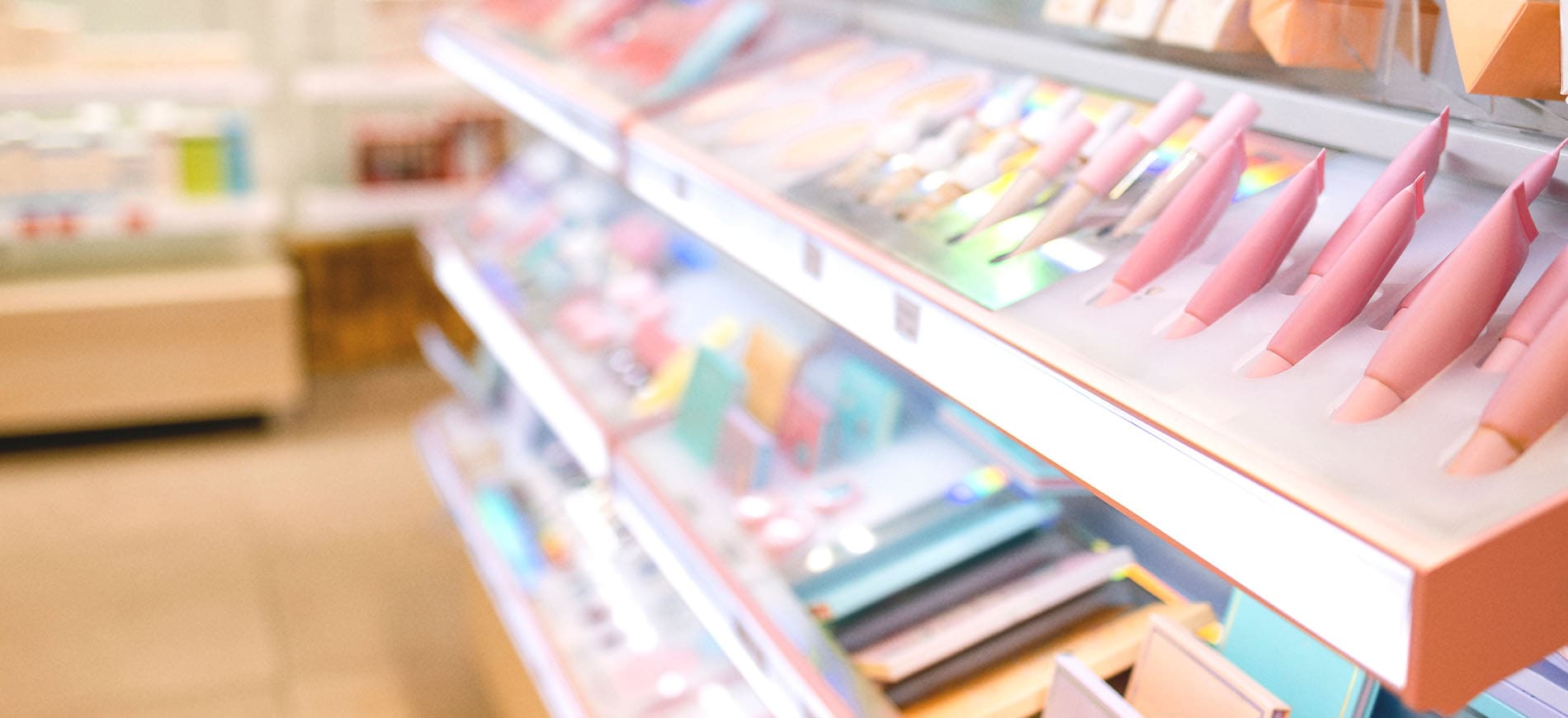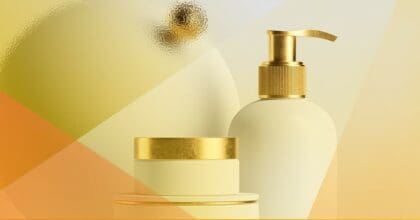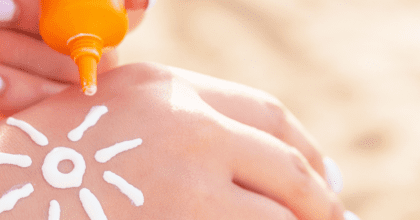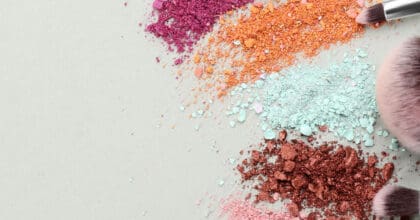With consumers’ growing interest in ‘free-from’ beauty, here are the must-have claims that skincare brands should include in new products to meet consumers’ expectations.
1. The whole world wants things natural
Natural remains a sought after, arguably obligatory, claim for many consumers across the globe. One in two US iGens (aged 10-22 years) believe natural facial care products are safer and gentler than regular products, which can have a direct influence on purchase. Meanwhile, almost half of Chinese women used facial skincare products made with natural ingredients to improve their skin. And European consumers are equally drawn to a natural claim for facial care – from a low of 62% in France to a high of 71% in Italy.
Brands need to be proactive in marketing the safeness and gentleness of natural/organic products. There is an opportunity for brands to tie natural/organic and related claims into their base narrative and reinforce stories with certification or consumer watchdog marks.
[row]
[full class=”text-center”]
Whamisa Organic Flowers Hydrogel Mask, South Korea: This 95% organic face mask contains natural fermented ingredients and is said to instantly brighten the complexion with a bouquet of powerful flowers. It is enriched with green tea, dandelion root, chrysanthemum and lotus flower extracts for soft supple skin.
[/full]
[full class=”text-center”]
Mádara Infusion Blanc Supreme Hydration Body Lotion, Latvia: Enriched with a blend of herbal silk, softening oat extract, soothing jasmine and antioxidant-rich meadowsweet, this body lotion claims to promote a sense of well-being by activating neurons of happiness.
2. Add gluten-free to the list
Gluten-free foods remain popular, with the gluten-free claim rising 6 percentage points in global launches from January 2012-July 2017, accounting for 14% of foods in 2017. As it’s often the case, the trend has moved into beauty, and gluten-free skincare is emerging, boasting a healthier, more natural and safer positioning.
In the US, there has been a 7 percentage point increase in facial skincare featuring gluten-free claims between 2012 and 2016, with the rise in popularity peaking in bodycare, where claims grew from 3% in 2012 to 12% in 2016.
Skincare brands can further reinforce a natural and ‘allergy-safe’ message by including ‘gluten-free’ on pack. This claim has grown in clout to influence food purchases, and is expected to make a greater mark on skincare sales in the next few years.
[row]
[full class=”text-center”]
Graydon Superfood Mask + Scrub, US: An encapsulated, pre-portioned dose of 15 types of superfoods to gently exfoliate and brighten the face. It contains glacial clay, meteorite powder, papaya, licorice roots and shiitake mushroom. The vegetable-derived, single serve capsules are easy to use and keep the superfoods inside super fresh so they do not oxidise.
[/full]
[full class=”text-center”]
The Jojoba Company 100% Natural Intense Overnight Renewal Cream, Australia: This restorative cream uses natural plant oils and potent antioxidants such as Australian native crown of gold tree, green tea and argan oil, designed to work together to increase the skin firmness and combat visible signs of ageing. It’s free from gluten, dairy, artificial fragrances, colours, parabens, PEGs, mineral oils, sodium lauryl sulphate, harmful detergents, chemicals, and animal derivatives.
3. Push chemical-free sunscreen
Common chemical sunscreens such as oxybenzone and octinoxate have been singled out by consumer watchdog groups to be potentially harmful to humans. There is also evidence showing that these sunscreens are hazardous to the environment, specifically to ocean coral’s health.
Global usage for these sunscreens has remained stable in part due to the regulatory and cost hurdles required to introduce new sunscreens to global markets. Yet, chemical-free sunscreen new product claims have grown over the last few years, appealing to eco-conscious, younger consumers looking for “natural safe” and more sustainable products.
[row]
[full class=”text-center”]
Medicube Aprilskin Red Sunblock SPF 50+ PA++++, South Korea: This hypoallergenic physical sunscreen helps to soothe skin thanks to centella asiatica extract, the hero ingredient of cica creams.
[/full]
[full class=”text-center”]
Bare Republic Sport Clearscreen Sunscreen Spray SPF 50, US is an ultra-lightweight spray that provides broad spectrum UVA/UVB protection and is rich in plant-derived ingredients. The product is free from oxybenzone, octinoxate, parabens, retinyl palmitate and synthetic fragrances.












